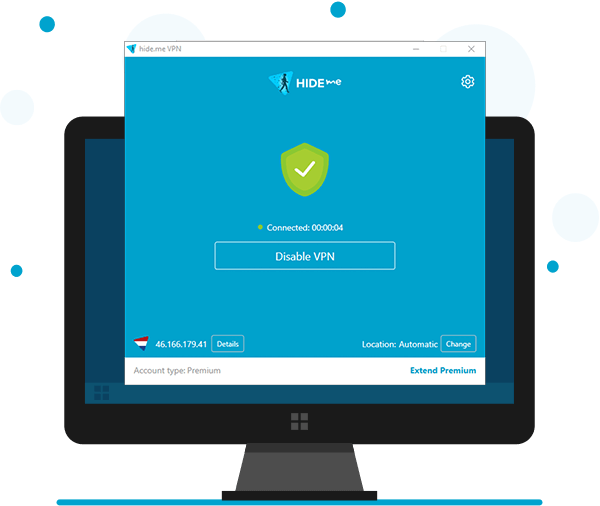
There are several types that VPNs use to secure your flow of information into an encrypted tunnel.Īmong them, OpenVPN has historically been the most secure that you can get and many providers offer this protocol. Hiding your location and personal information, they make your connection anonymous and private.Įvery VPN protocol is responsible for defining how app and server connect with each other as well as the methods used to send and encrypt data. VPNs use encryption protocols to protect your data from snoopers. So, are VPNs actually safe? Is even the most secure VPN provider enough for protecting your privacy from the mischievous digital world? How does a VPN protect your privacy? Or worse, free VPN services that deliberately sell your sensitive information to third parties for commercial purposes. Think about the massive data breach that put more than 69,000 LimeVPN users at risk. Yet, even the top services and providers can have their own weaknesses.

Whether the reason is better privacy/security online or bypassing geo-restrictions, a VPN is a necessity nowadays. Again, citizens have been exploiting VPNs' IP spoofing ability to keep accessing censored content or blocked apps. Internet shutdowns reached a new high in 2022, in fact, with that toll likely to be beaten by the end of the year. VPN usage have also soared worldwide as governments increasingly restrict the web. Short for Virtual Private Network, it encrypts all the data leaving your device and anonymizes your internet connection by masking your internet protocol (IP) address. If you are worried about your online privacy, you will likely have come across a software that appears to magically solve all of your security problems: a VPN service. Evidence actually suggests how home users are now the top target for cyber criminals.

Hackers' goal might be stealing your identity or money, while threatening your security. Governments are doing so under the pretext of national security. In any case, your anonymity is compromised.Ĭommercial corporations are collecting this data with the promise to make your life smarter by customizing your online experience. Or worse, the record of what you do online. These might be personal information, like a name, phone number or address. You might not realize but, every time you click on a link or simply scroll on your social media feed, you leave behind some digital traces.


 0 kommentar(er)
0 kommentar(er)
